We’re excited to introduce you to the always interesting and insightful Nicolás Casado. We hope you’ll enjoy our conversation with Nicolás below.
Hi Nicolás, thanks for joining us today. Did you always know you wanted to pursue a creative or artistic career? When did you first know?
Somehow, I always knew. Never considered anything else. I was acting for theatre before getting serious with music. Since I was a kid, I had a fixation with phrases, quotes, dialogues. I used to watch movies, absorb the character’s delivery of a line and perform it the most accurate way I could. Always observing the detail and memorizing ridiculous amount of words. Same thing applied to songs, obviously. Singing has always being present. Whether I’m doing it casually while I walk down the street or performing for an audience. What I really wanted to do was act for movies, but there were no good opportunities in my city, not for film anyways.
At 16, I retook the guitar my father had given me when I was 11. I do not even remember why I left it in the first place. Shame, it would’ve been a different story if I’d had never stopped. My parents were getting a divorce at that time and that kind of depressed me and lead me to isolation. However, it was during these times that I was truly unfolding and defining myself. I started to dig into cool music and listening to albums, and when I heard Syd Barrett’s “The Madcap Laughs” my passion for songwriting catapulted. I started to jam with people, form groups, play live, and develop my style as I finished a song after another.
I was doing Emmett in Legally Blonde for a theatre academy that took me in for the role, I was recommended by a teacher of mine that knew the academy’s principal and knew I had a good reputation as an actor. But I was also rehearsing for gig that had me excited. So my jaw drops as soon as they announce that the play would take place the exact same date and time as the gig I was rehearsing for. And after a great feeling of crisis and indecision, I decided to do the gig and ditch the play, which made the director furious; and the cast, sad, given that I had formed a great relationship with many of them.
That is how I defined the artistic path I wanted to take. Because as much as I loved acting, I never felt more in my element than when I was writing and performing my music. Unlike acting a silly role, this felt true.
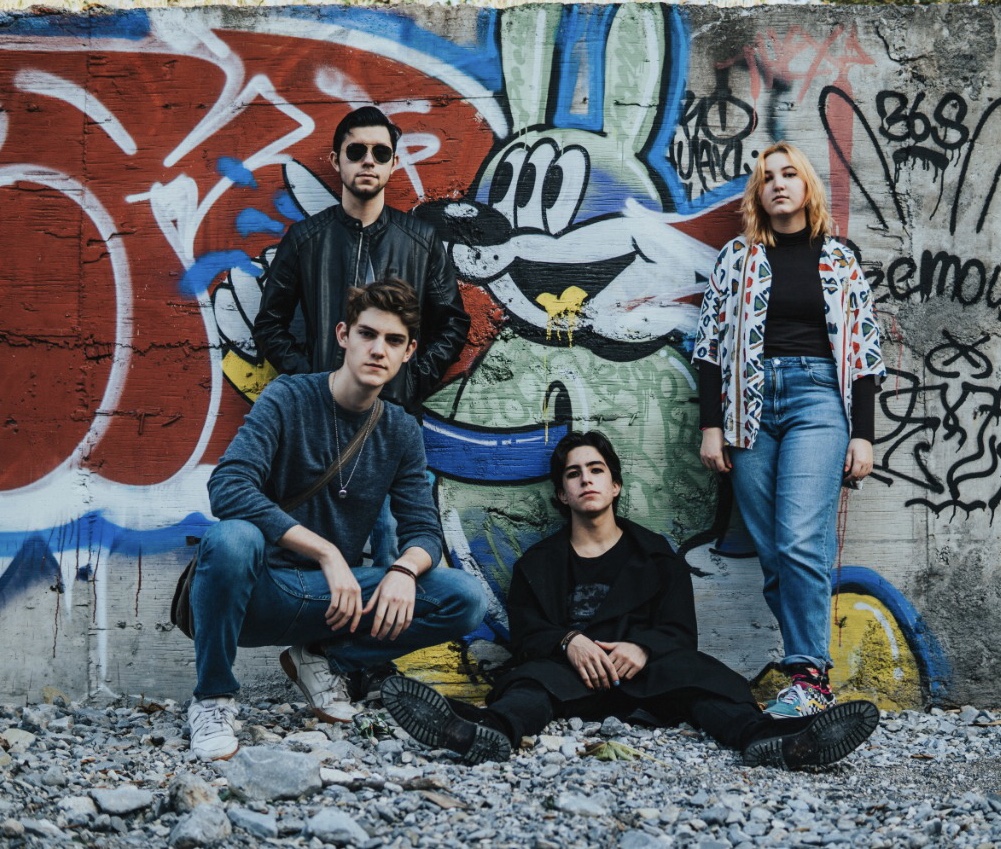
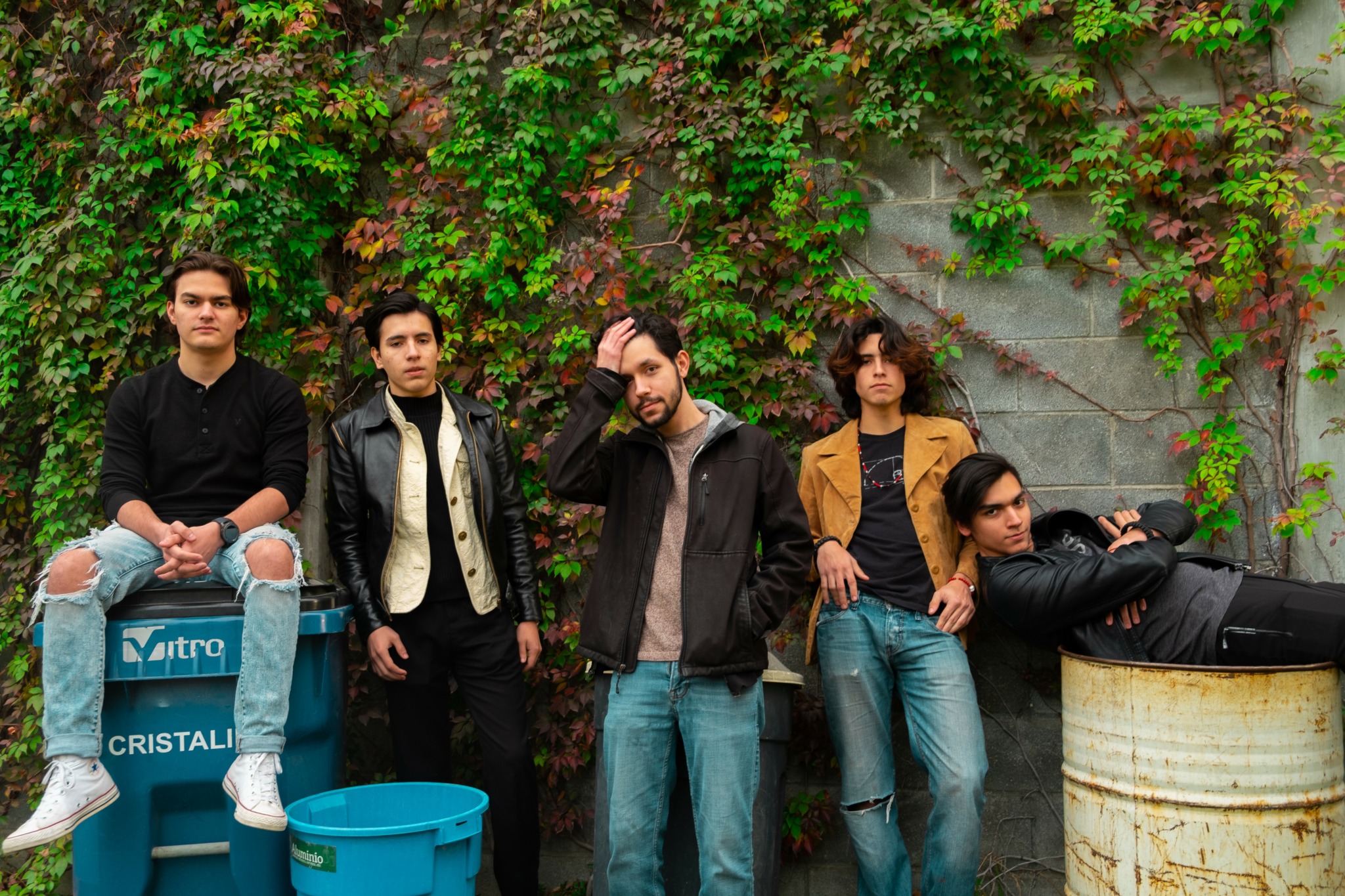
Awesome – so before we get into the rest of our questions, can you briefly introduce yourself to our readers.
I started to play live because of School of Rock in Monterrey, Mexico. They gave me the practice of performing on a stage and knowledge that every performing musician needs to be aware of like gear set up, volume, monitoring, presentation. I even got to travel and play in Vive latino, one of the biggest music festivals in Mexico. During this time, I had already developed my songwriting up to a certain point.
The main music I played and listened to was rock, but always English or American, never in Spanish. I hated the type of rock that was being made in Mexico, so I kind of dismissed it all. Until I discovered Luis Alberto Spinetta and all of his work. Argentinian rock, who would’ve thought? It became my new obsession and inspiration. It was really different compared to what I had known, and it had that sparkle of jazz and progressiveness that made it so unique and superior to me. I began to take musicianship more seriously, and started feeling ashamed of my sloppy punk ways. Became more interested in knowing the theory behind everything I was playing.
My first band, Sanem, saw my transformation from grungy to jazzy. Ironically, the two albums that we got to release represent these sounds. One being heavy and chaotic, and the other sweet and bright. We achieved good reputation and recognition in the scene, but the drummer had to leave the band to study at Berklee. This broke my heart because of how good we were doing, but it lead me to also audition for Berklee, which is where I am studying right now.
My second band, Los Hijos de Metatrón, was an acoustic group, focusing mainly on the vocal harmonies. The theme in our songs was always spiritual. The name means “The Sons of Metatron”, this being the most powerful seraphim in God’s kingdom. Metatron represents the connection between mankind and the divine. He is the celestial scribe, and this project was in his honor. The progressive attitude was still there, but now applied to folk style. The group dissolved rapidly after just two gigs. The other members were also part of a different band that decided to move to Mexico City to try their luck there. This was also disappointing, nevertheless, great songs were created out of this concept. Songs that will see the light sooner or later.
My third band, El Secreto del Alfajor, strived for a way more experimental path. The sound being as random and outrageous as the name, developed into a new genre we called “Grifolk”. A mixture of classic folk and country elements like banjo, charango, harmonica, mandolin, and slide guitar, with futuristic synths, psychedelic arrangements, and the inevitable sprinkle of rock. We have released two albums, and recently recorded a live session in Bosques de Monterreal, Coahuila.
In the present moment, I work on my vocabulary and improvisation skills, studying music as hard as ever.
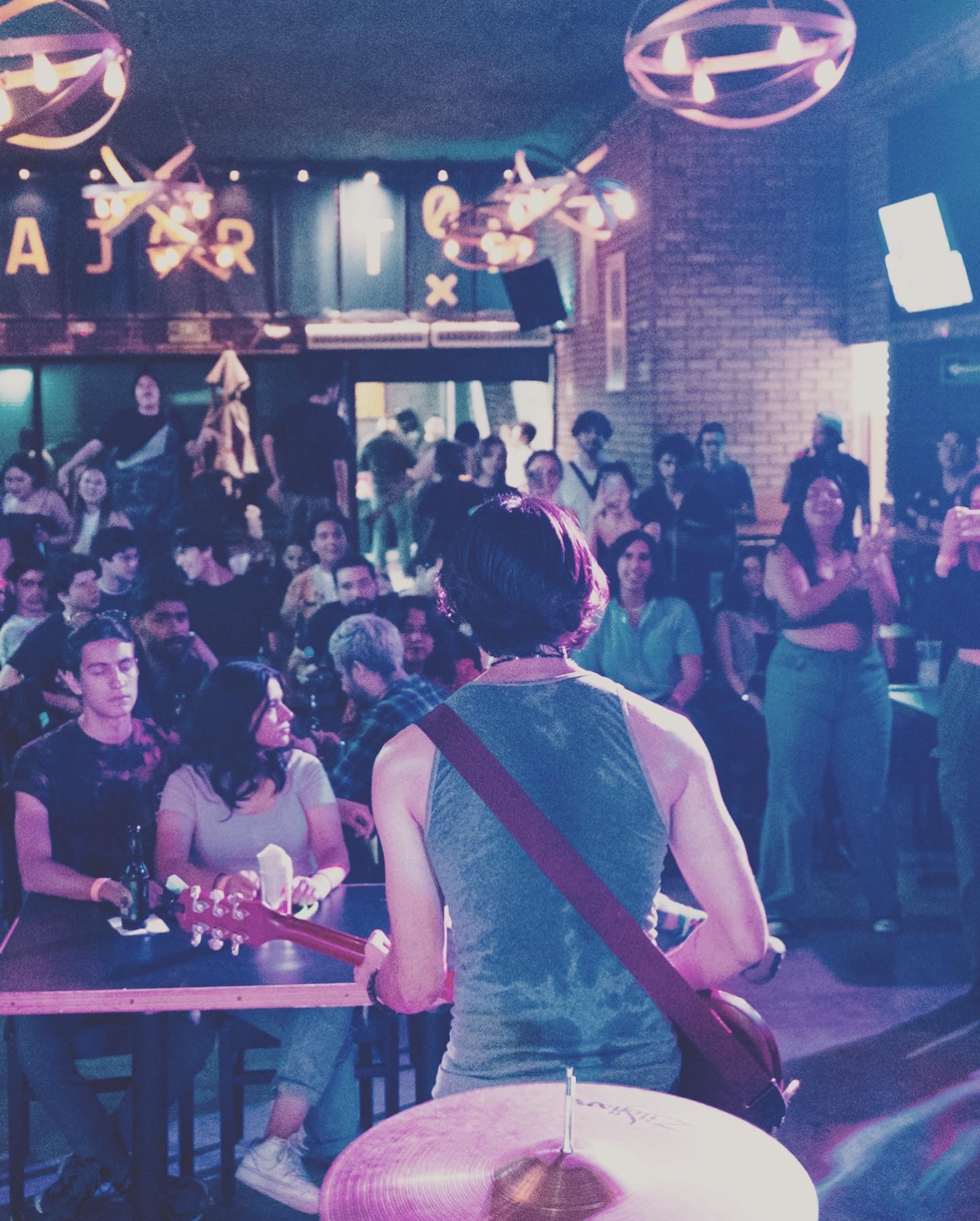
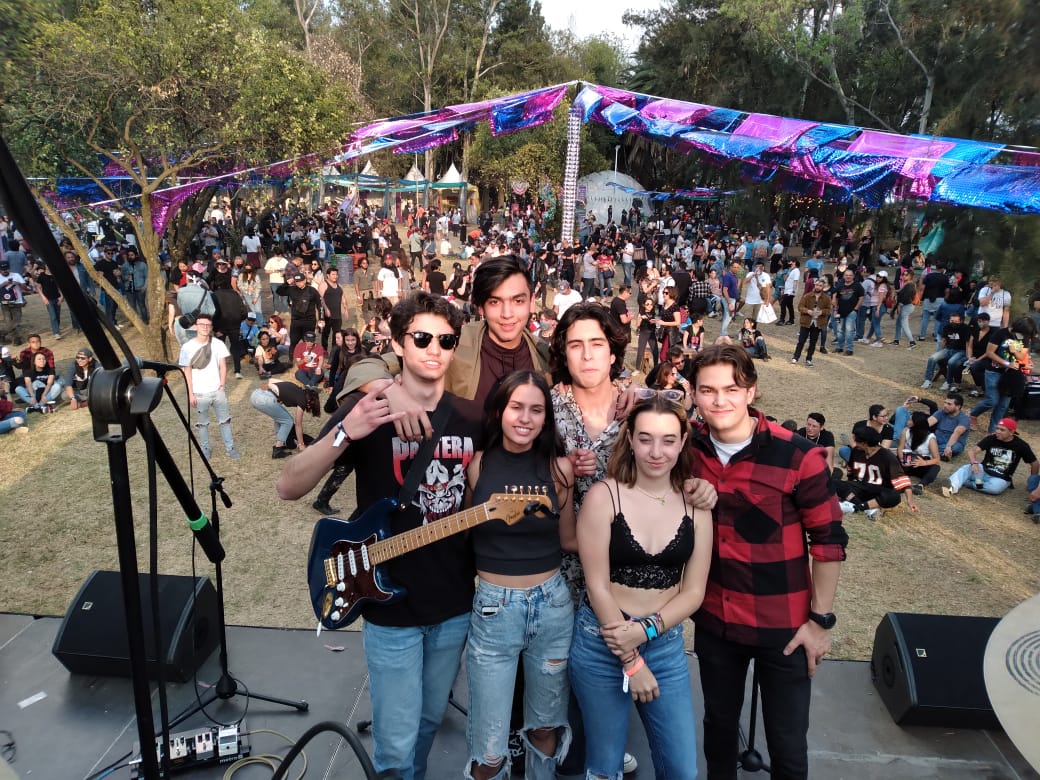
What’s the most rewarding aspect of being a creative in your experience?
The ultimate goal as an artist, in my opinion, is to change society and culture. Throughout history, great artists have challenged the masses with new perspectives and ideologies. The power of their creativity changed the way people communicate, dress, and think. The simple thought of making someone think with one’s work is as rewarding as if I had sold a book. People feeling a great connection with you because of your work is such a magical thing.
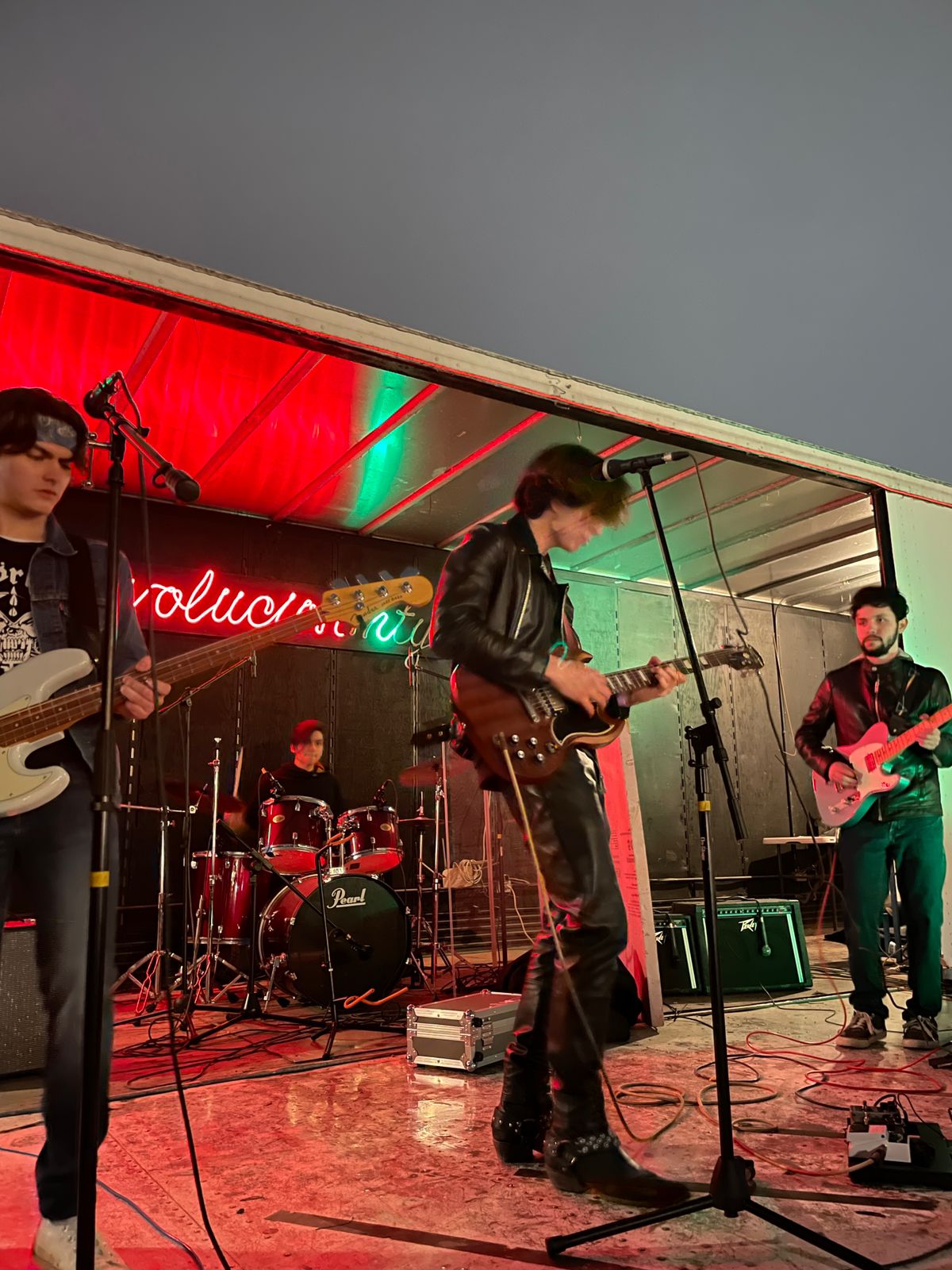
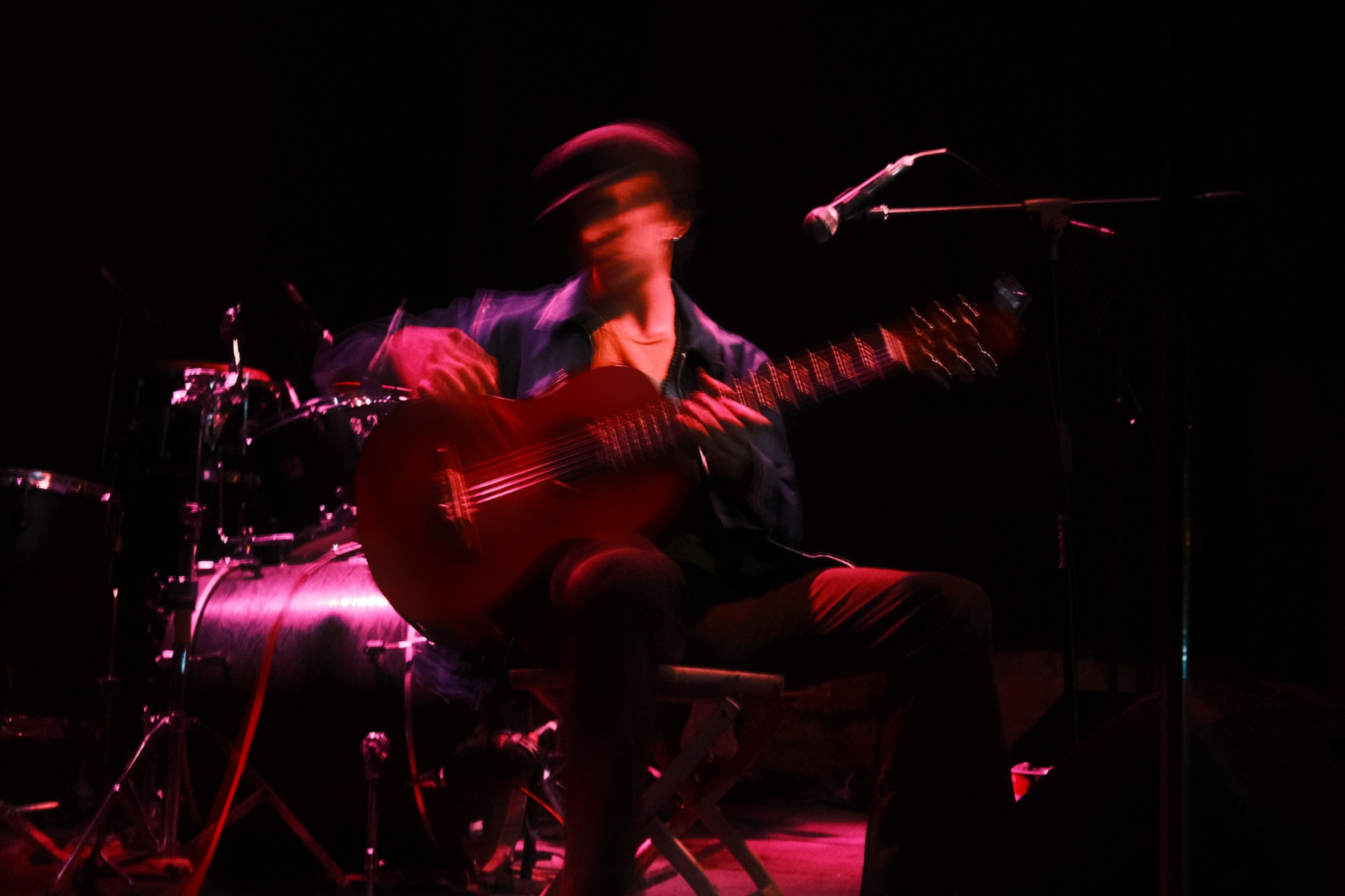
We’d love to hear a story of resilience from your journey.
Attitude is key when being a performing artist. And I am not talking about the attitude you show on stage. I am referring to your individual attitude. You have to come to terms with the fact that not everything is going to be perfect. The sound guy will screw up, the drummer will drop the sticks, the pedalboard will suddenly disconnect, your gig didn’t turn out so good. Many things can happen, but the people that stay in the game are the people that know how to take it.
I remember arriving to a gig with my band Sanem and backstage some guy from the event told us that our set was being cut 20 minutes. No explanation was given to us. Everyone got really pissed, but somehow I didn’t bother to be bothered by the situation. I turned to my bandmates, and watching their eyes full of fury and their attitude turning nasty, I encouraged them to use it all on stage, and give the audience a “frenergetic” 30 minute show. And that is what we did. We played one of our greatest gigs.
Contact Info:
- Instagram: nicolascasadoz
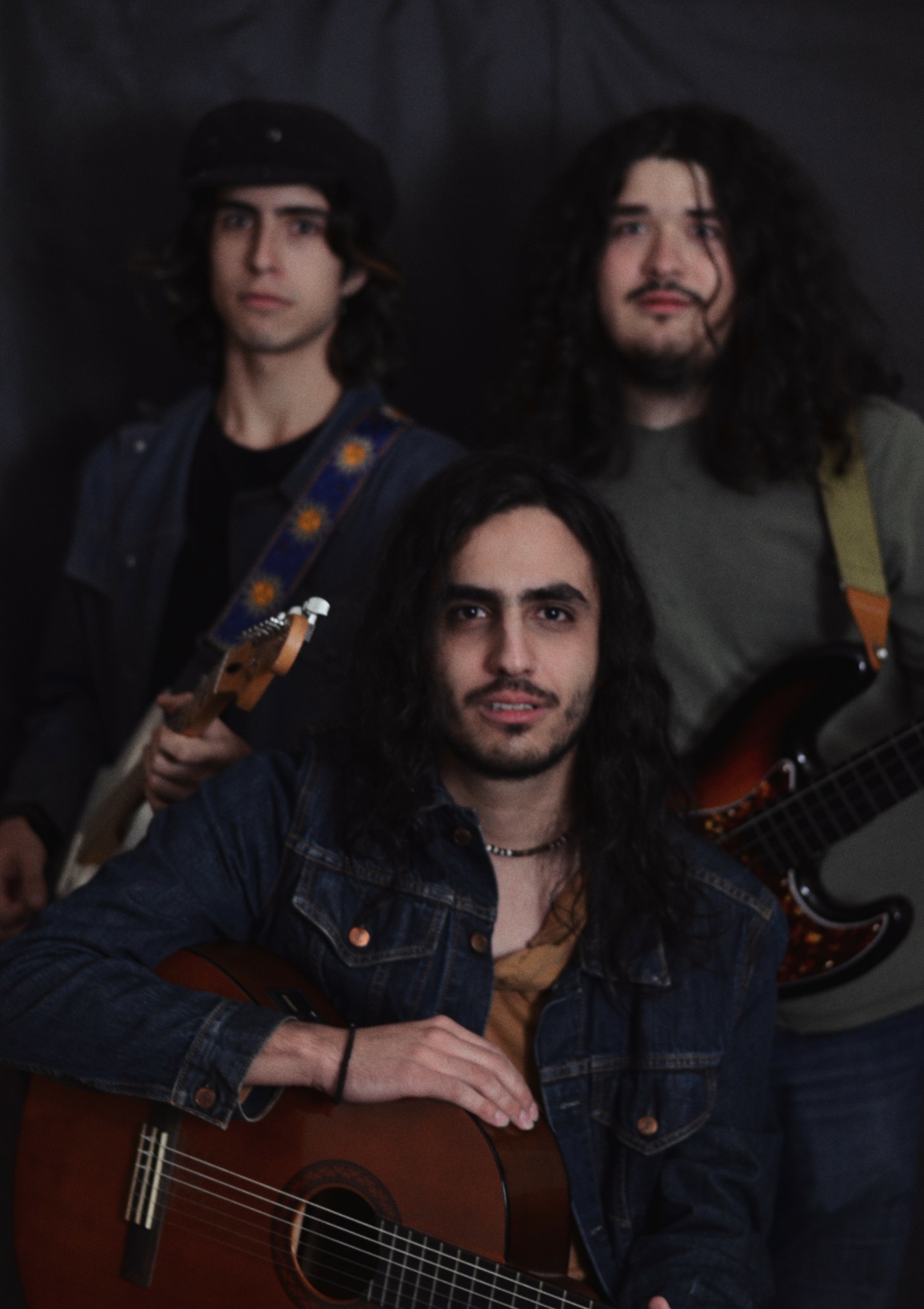
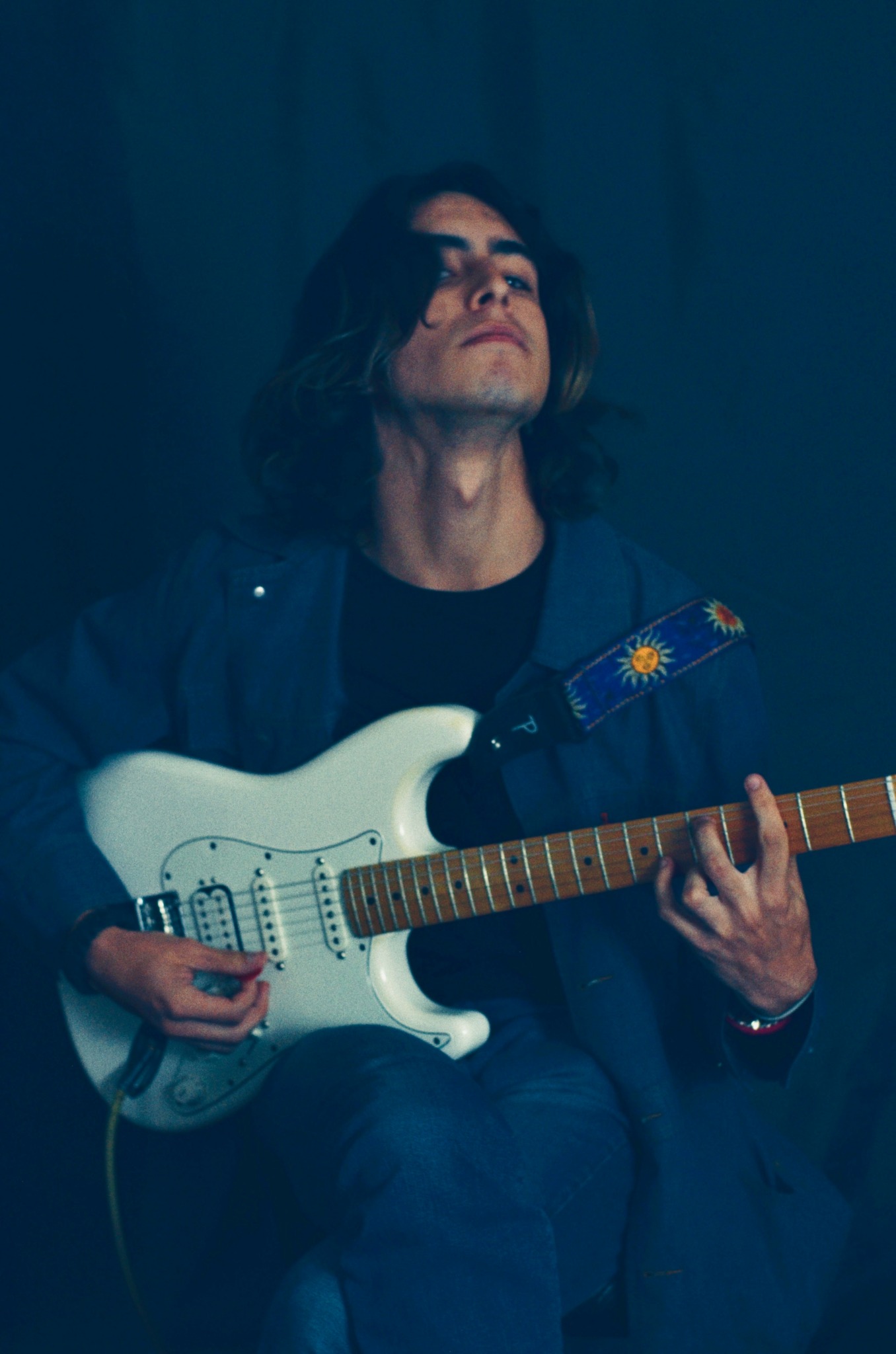
Image Credits
Emilio Monarrez
Fernando Vega
Ana Sotomayor


